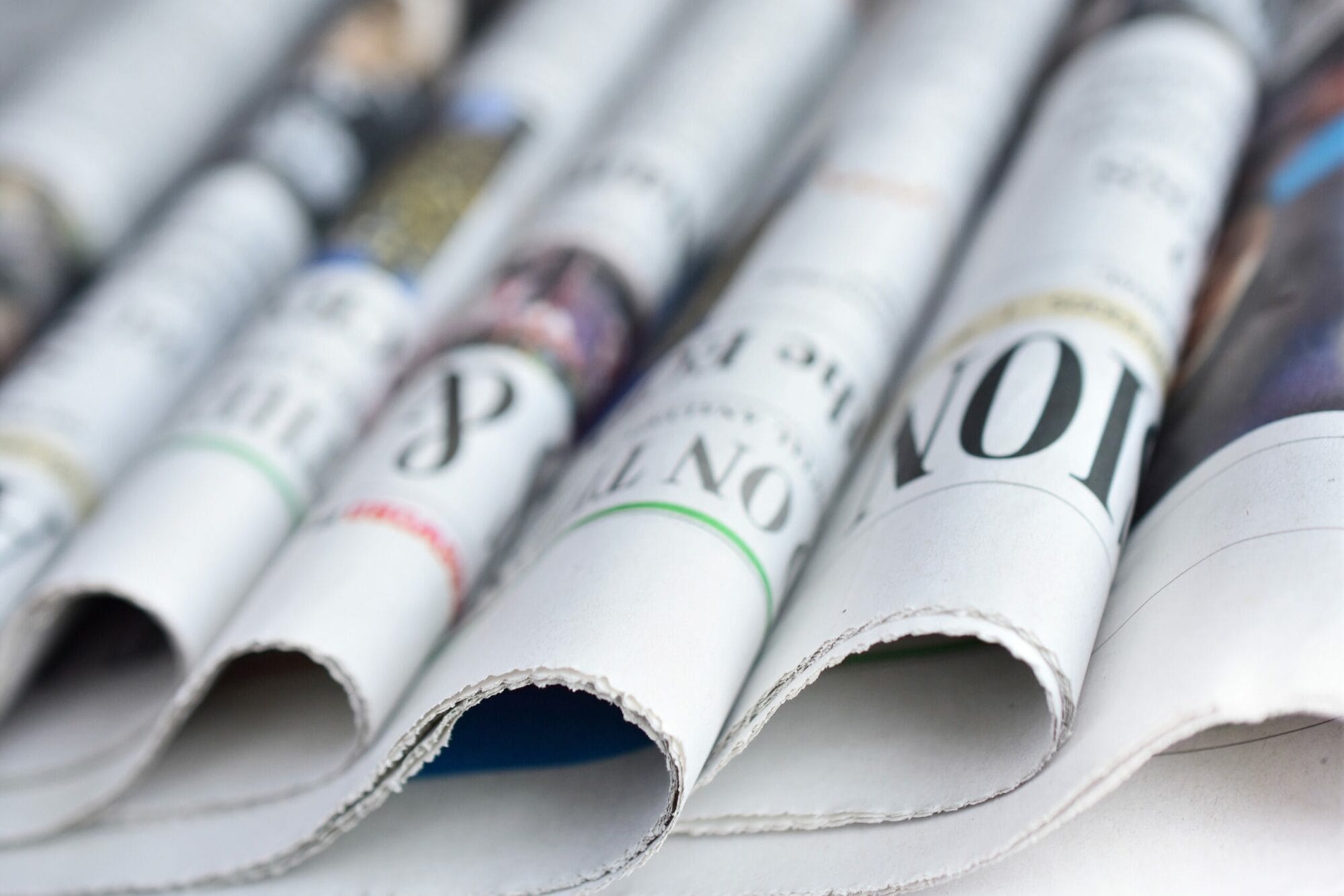Sara Fischer
Axios
Dozens of newspaper, digital and magazine news executives descended on Capitol Hill last week to lobby members of Congress on copyright protections for their work in the era of artificial intelligence.
Why it matters: Newspaper leaders can be hesitant to lobby directly, given that many of their outlets give political endorsements. But the threat of AI, combined with competition concerns around Big Tech, is pushing executives to band together and speak out.
Details: The Hill blitz was organized by the News/Media Alliance (NMA), one of the largest news publishing associations in the world, representing over 2,000 publishers.
Executives from an array of outlets, ranging from state papers like the Idaho Press to large digital companies like Vox Media, held over 80 meetings with lawmakers across 25 states to discuss copyright protections for their work in the AI era, among other issues.
The fly-in “allowed us to meet directly with legislators to discuss various topics such as AI and its impact on journalism and the public’s access to factual information,” said Chris Argentieri, president and chief operating officer of the Los Angeles Times.
In her first interview since becoming president and CEO of the NMA in June, Danielle Coffey laid out a road map for how the group is planning to focus its advocacy efforts around AI.
There are four issues the alliance will focus on, she said: IP protection, disclosures and transparency in training AI models, liability, and accountability and competition.
Those goals are detailed in a list of AI principles that the organization published earlier this year. The main position the group takes is that any unlicensed use of content created by its members and journalists by generative AI companies is intellectual property infringement.
“We’re focusing over the next year on communications, legal, policy, legislative and technology work around AI,” Coffey said. “We are educating and working with members on what they
Between the lines: Since joining the NMA eight years ago, members credit Coffey for helping to shape the NMA’s efforts on digital issues such as competition, privacy and copyright.








